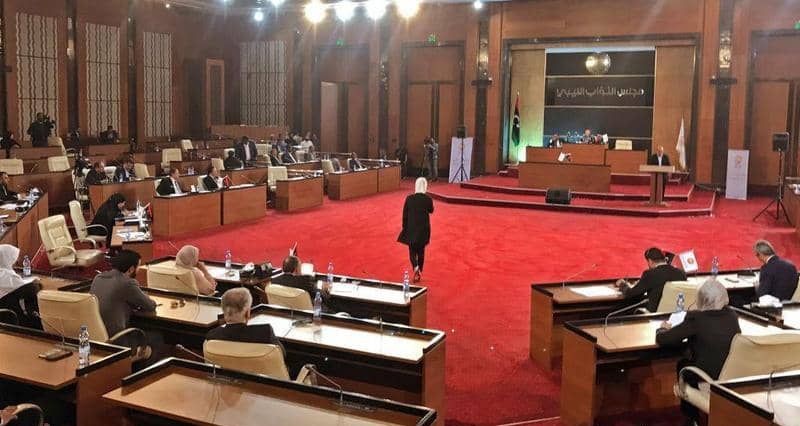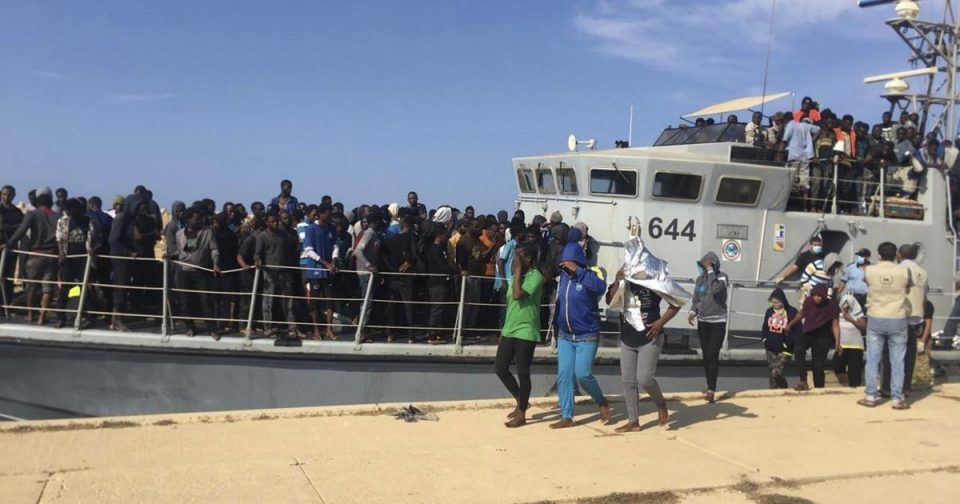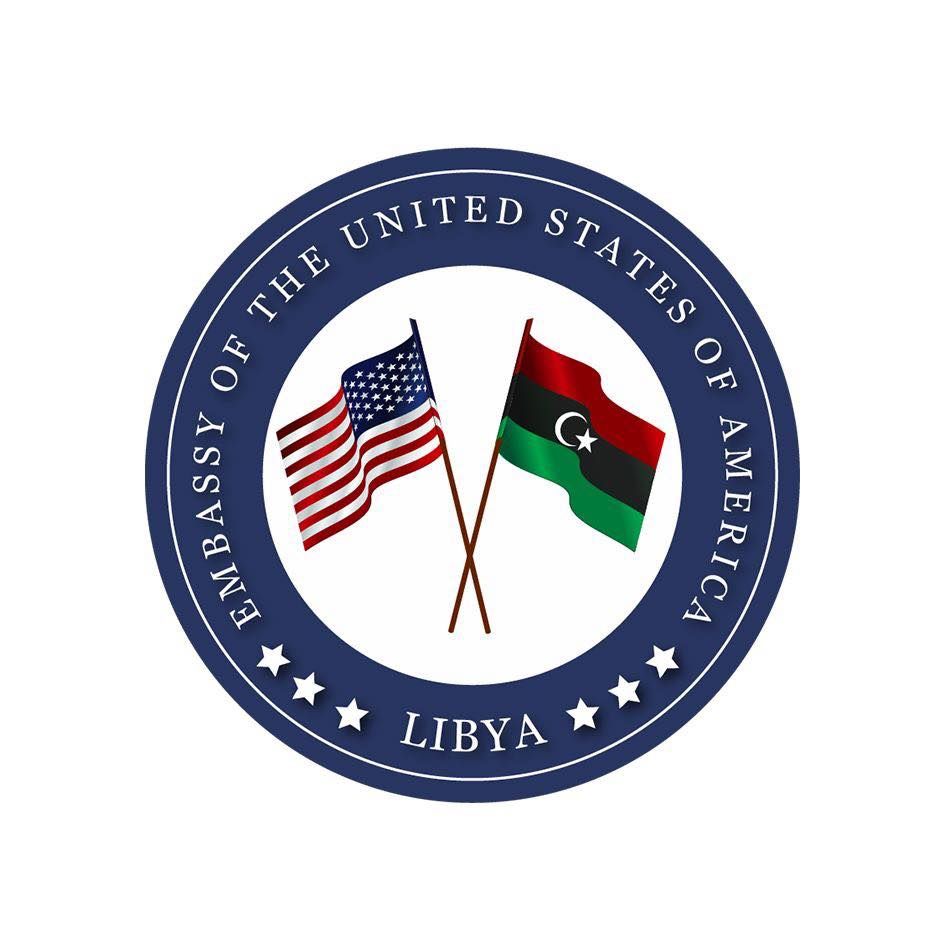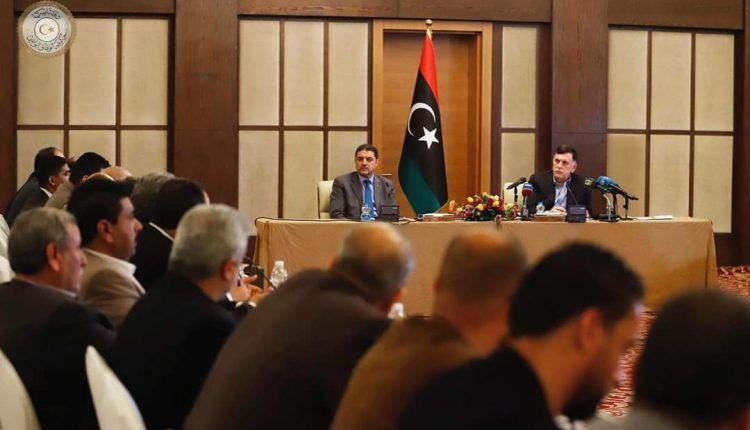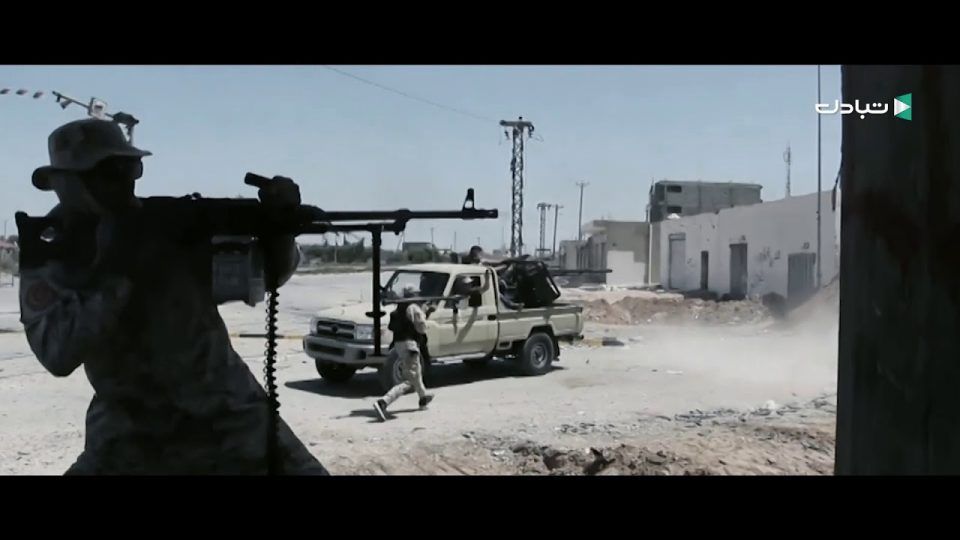U.S. crude hits 17-year low as lockdowns, restrictions spread
Oil prices fell for a third session on Wednesday with U.S. crude futures tumbling to a 17-year low as travel and social lockdowns sparked by the coronavirus epidemic knocked the outlook for demand.
U.S. crude Clc1 was down $1.77 cents, or 6.57%, at $25.18 per barrel by 10:41 GMT, having earlier fallen to $25.06, its lowest since late April 2003.
The last time oil was trading that low, the United States had invaded Iraq and China had only begun its rise as a major global economic power that propelled the world’s oil consumption to record highs in subsequent years.
Brent crude LCOc1 was trading down 95 cents, or 3.31%, at $27.78 a barrel, after dropping to $27.56, its lowest since early 2016.
“The oil demand collapse from the spreading coronavirus looks increasingly sharp,” Goldman Sachs said in a note forecasting a fall in the price of Brent to as low as $20 in the second quarter, a level not seen since early 2002.


